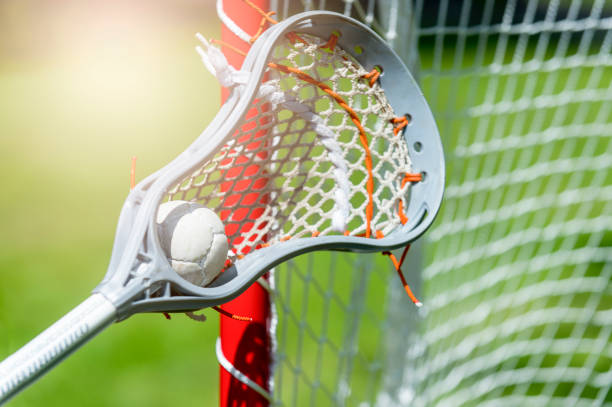By Timony Katon Sports Beat Reporter
In September 2019, California became the first state to allow student-athletes to receive money for their name, image, and likeness, otherwise known as NIL. This started a domino effect, as other states passed the same law, which led to the U.S. Supreme Court unanimously ruling in June 2021 that the NCAA can’t limit education-related benefits to athletes.
Since then, this has greatly influenced the NCAA and changed many schools’ recruiting tactics and compliance regulations. However, some schools have chosen not to be as friendly towards NIL.
This new law has already had an impact on schools around the country. It unpredictably has allowed schools to recruit athletes they may not have been able to. The University of South Florida is no different, as they have successfully recruited and signed NIL standout Sofia Chepenik to their women’s lacrosse team, which will have its inaugural season sometime in the 2023-24 academic year.
Chepenik, a USF transfer from Clemson, is the first female athlete to receive a lifetime deal with STX Women’s Lacrosse. For Chepenik, these opportunities have been surprising.
“Originally, I believed that NIL was geared more towards men’s sports like football and basketball, but companies began to realize how impactful women in sports are,” she said. “It has created many opportunities for women’s sports and how powerful we are.”
Signing an endorsement deal with a company can be intimidating for student-athletes – plenty of factors to consider, significantly affecting how an athlete’s audience can grow. Chepenik is no stranger to increased support after signing her first deal with Loot Mogul, an athlete-led sports metaverse platform, and Nerf.
“Being able to see the impact that this deal has had regarding communicating my message of women’s empowerment on a bigger scale, and if not for these NIL opportunities, I am not sure I would have reached as big of an audience,” she said.
NIL has dramatically influenced the NCAA and changed many schools’ recruiting tactics. Not only have the recruiting tactics changed, but their compliance regulations have also changed. Some schools have chosen not to be as friendly towards NIL.
The women’s lacrosse team gears up for its beginning, and coach Mindy McCord sees the benefit of college athletes embracing this new responsibility. It benefits a team to have a coach who cares about their players, and Coach McCord does just that. In a world of uncertainty, she is passionate about her players having 100% job placement after college while supporting them and utilizing these deals to their advantage.
“If Sofia wants to leverage NIL to focus on women’s empowerment or leverage her career, and that’s what she wants, then I am here to support her,” McCord said. “I am as eager to support another player whose passion and purpose is to be in the community serving.”
As South Florida looks to grow further, its athletics, embracing NIL, have contributed to why that is. McCord also suggested that, like pro athletes, hiring an agent will help college athletes navigate this NIL world.
“It gives athletes a chance to become entrepreneurs at a young age,” McCord said. “Student-athletes should use their resources to help themselves navigate if they have high goals.”
Since this recruiting cycle indicates that USF is open to athletes receiving these NIL deals, it shows what could happen for the women’s lacrosse team and USF athletics. These elements indicate a promising future for USF athletics, which stirs much excitement amongst the fans. An avid USF fan and alumni, Liam Summers, sees this as the start of something new.
“I think that if USF Athletics wants to start being a program that is taken seriously, they need to invest more into their athletes,” he said. “It’s nice that we have athletes transferring here and coming with their deals, but the teams’ coaches should take time aside to help their players get these deals. If USF becomes a place where they will help their players earn money, the higher recruited athletes may consider USF over the other schools in Florida or the country.”
This new law may help propel USF Athletics into a place it has never been. The athletic program’s reputation could be improved, and this law can help change that.
Chepenik is considered a trailblazer for women’s athletics. Her NIL deals are evidence of that, but in the long run, she may be a trailblazer for USF’s potential modified approach when recruiting athletes and how the coaches approach their jobs.

